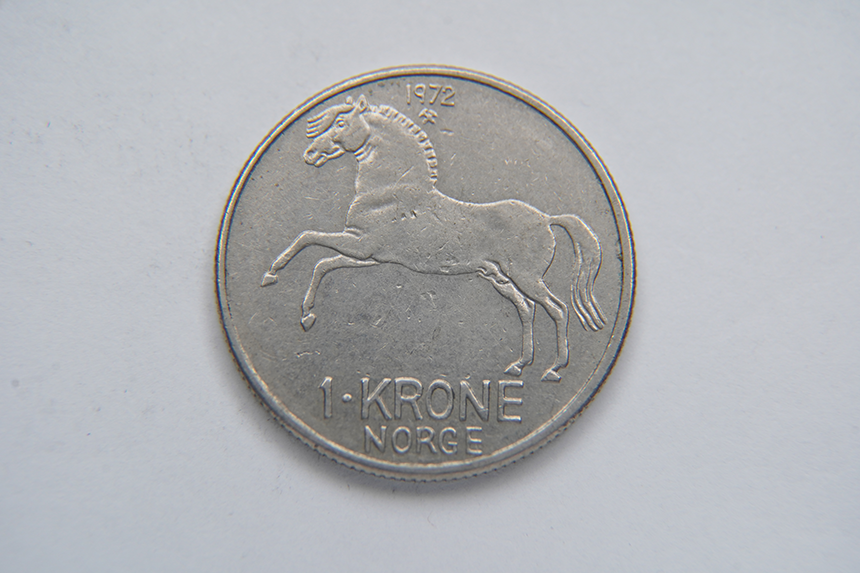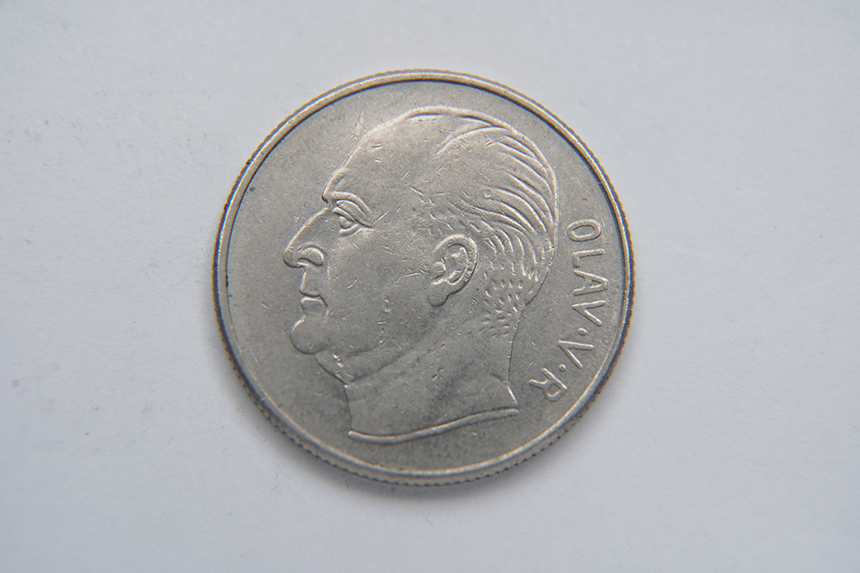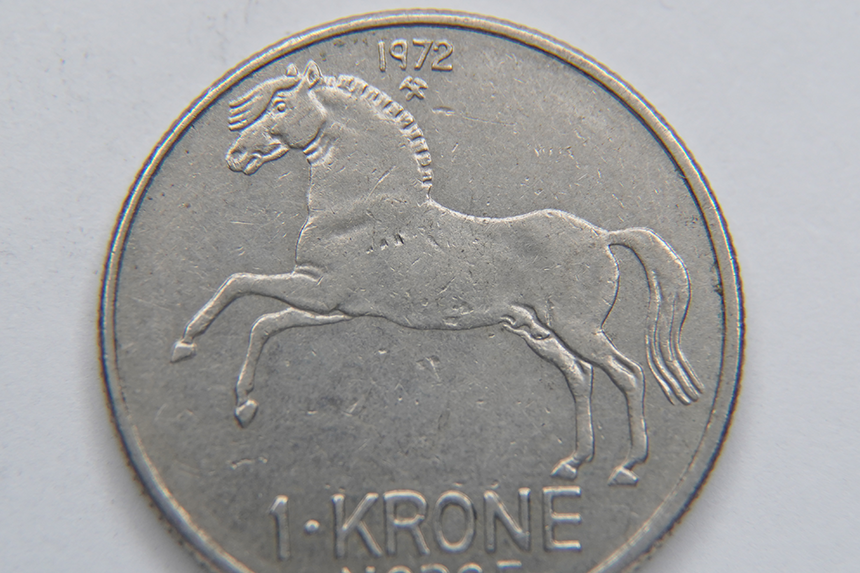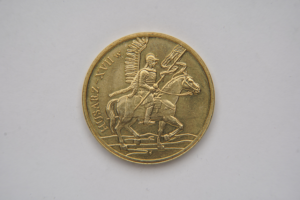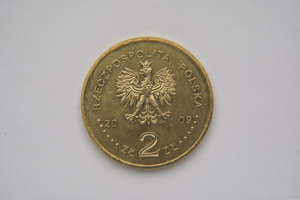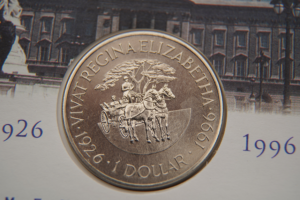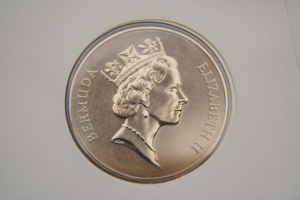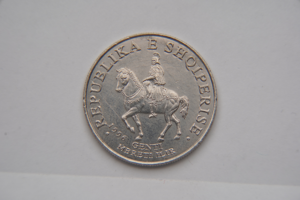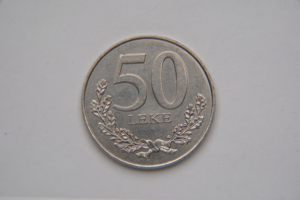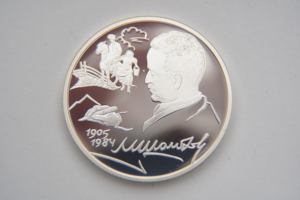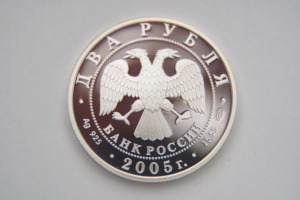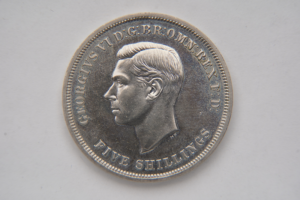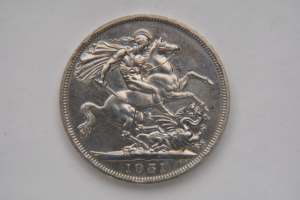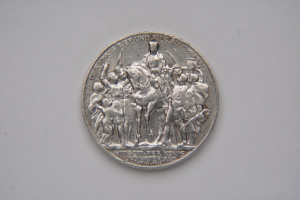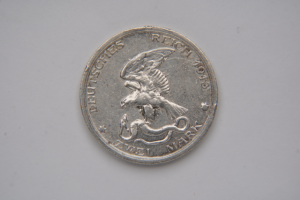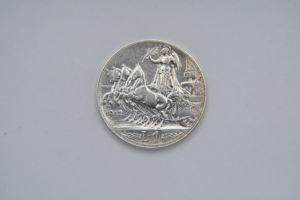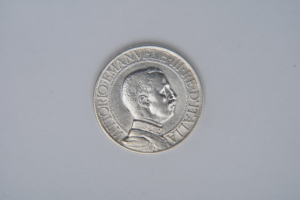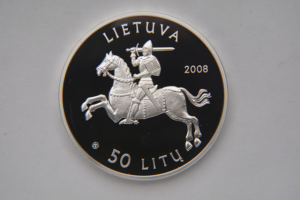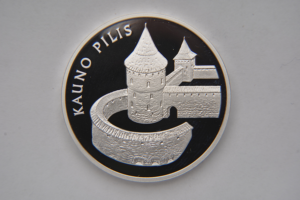Development of the Norwegian commodity economy after World War II.
Obverse of the coin.
Big size of reverse of the coin.
More information
Development of the Norwegian commodity economy after World War II.
So here we have the Norwegian krone, nominal - 1. The year of issue of this coin is 1972, Mint: Kongsberg, Norway. Total circulation – 13.179.394.
The wartime alliance with the United Kingdom and the United States was continued in the post-war years. Although pursuing the goal of a socialist economy, the Labour Party distanced itself from the Communists, especially after the Communists' seizure of power in Czechoslovakia in 1948, and strengthened its foreign policy and defence policy ties with the US.
Norway received Marshall Plan aid from the United States starting in 1947, joined the Organisation for Economic Co-operation and Development (OECD) one year later, and became a founding member of the North Atlantic Treaty Organization (NATO) in 1949.
The first oil was discovered at the small Balder field in 1967, but production only began in 1999. In 1969, the Phillips Petroleum Company discovered petroleum resources at the Ekofisk field west of Norway.
In 1973, the Norwegian government founded the State oil company, Statoil. Oil production did not provide net income until the early 1980s because of the large capital investment that was required to establish the country's petroleum industry.
Around 1975, both the proportion and absolute number of workers in industry peaked. Since then labour-intensive industries and services like factory mass production and shipping have largely been outsourced.
Object data
Title
Development of the Norwegian commodity economy after World War II.
Artist
Both sides: Per Palle Storm.
Founder
Kongsberg, Norway.
Date
1972.
Culture
Norway.
Medium
Copper-nickel.
Dimensions
7x25x1.8.
Classification
Coin.

